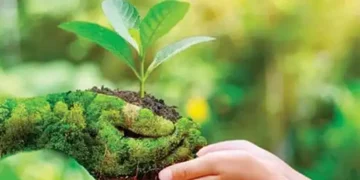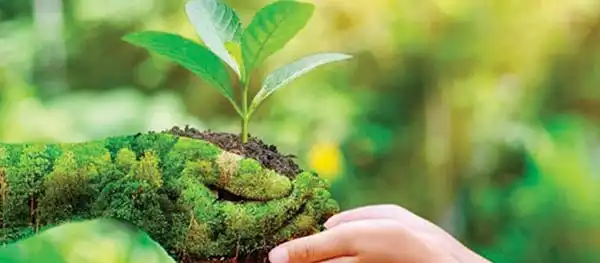Sindhu Jha
ORGANIC farming sector in the country is witnessing a remarkable growth as seen in the increase in area, production, and exports. In 2015, India’s organic farming area stood at just 4.72 million hectares. By 2023, this figure had tripled to 10.17 million hectares, representing 2.6 per cent of the country’s total agricultural land. Similarly, organic production rose to 2.9 million metric tonnes by 2023.
The leading states in organic cultivation are Madhya Pradesh (26 per cent), Maharashtra (22 per cent), Gujarat (15 per cent) and Rajasthan (13 per cent).
Over the past decade, India has increasingly shifted its focus toward promoting sustainable agriculture. Terms like organic farming, zero-budget farming, integrated systems, and chemical-free agricultural practices have been embedded in budgetary speeches at least seven times between 2015 and 2025.
A closer look at the numbers reveals a strong link between organic farming and tribal populations in India. Madhya Pradesh, Maharashtra, Gujarat, and Rajasthan account for 76 per cent of the country’s total organic farming area. These states, along with Odisha, are home to 73.7 per cent of India’s tribal population.
Tribal communities have practiced sustainable farming for centuries, long before modern organic methods were recognised. Currently, 8.6 per cent of India’s population is tribal, with nearly 90 per cent living in rural areas, primarily engaged in agriculture as farmers or labourers.
A study by the Centre for Science and Environment found that over 50 per cent of organic farmers in tribal regions of Madhya Pradesh and Odisha faced certification challenges due to the rigidity of national frameworks. Tribal communities have practiced sustainable agriculture for centuries using various techniques. As per experts, by shaping policies that respect and empower tribal communities, India can strengthen and preserve agro-tribal diversity, promote sustainable land use, and ensure that economic benefits flow directly to the indigenous farmers who have safeguarded these practices for generations.
































